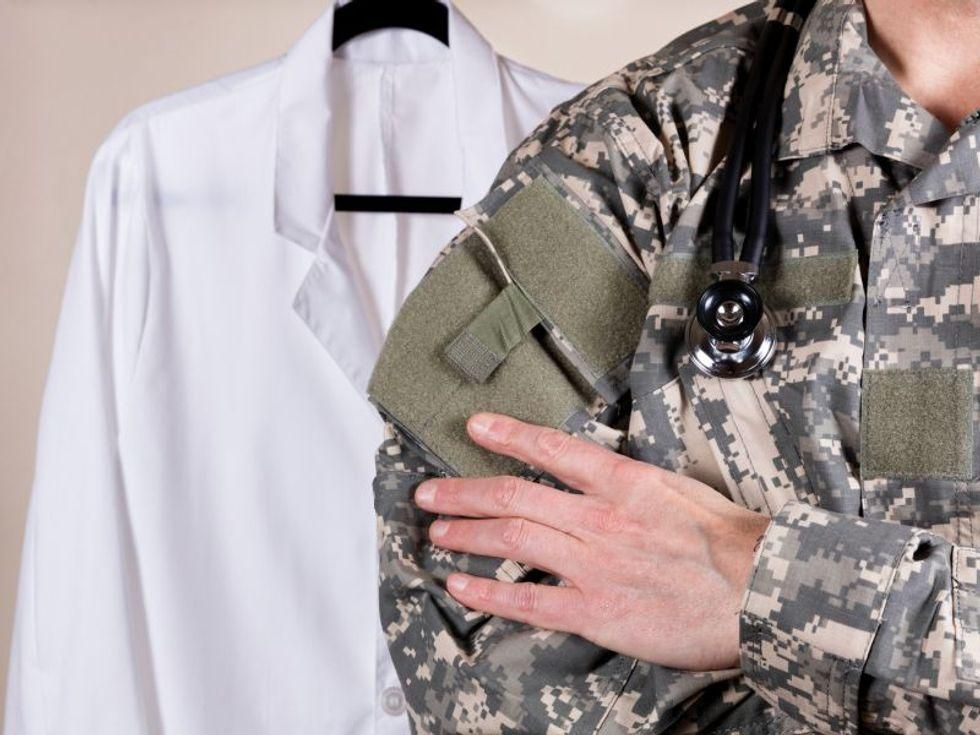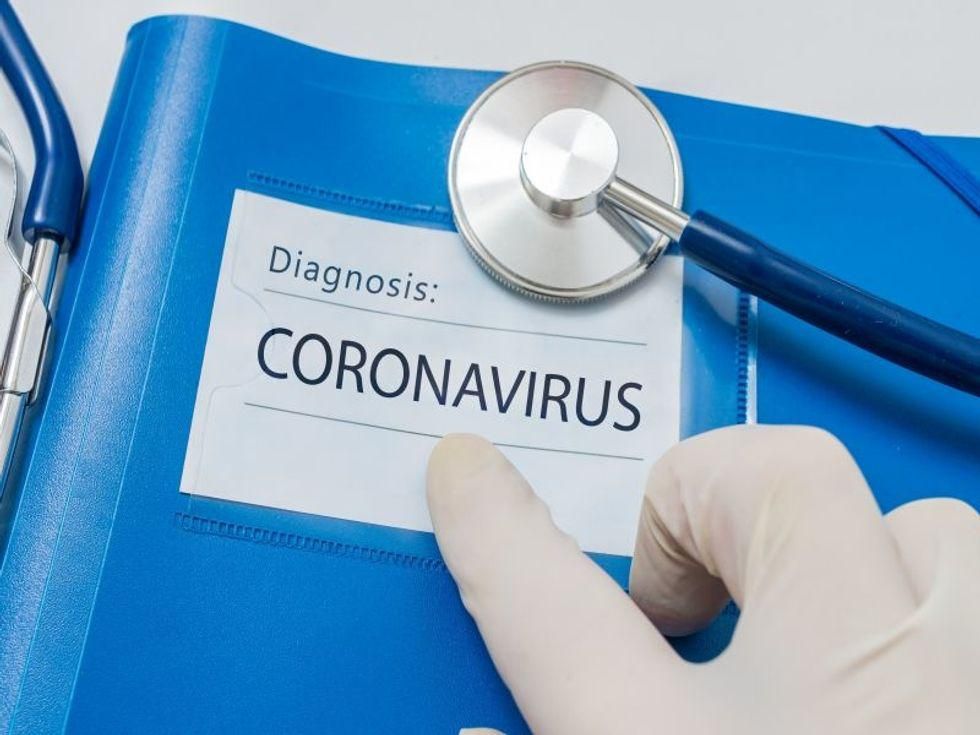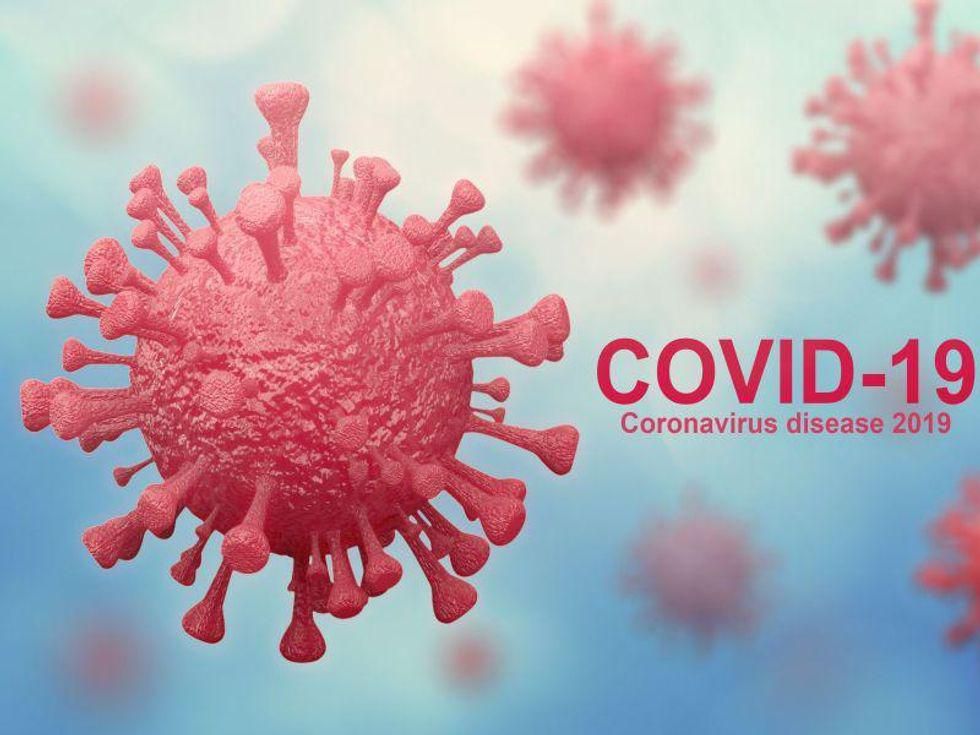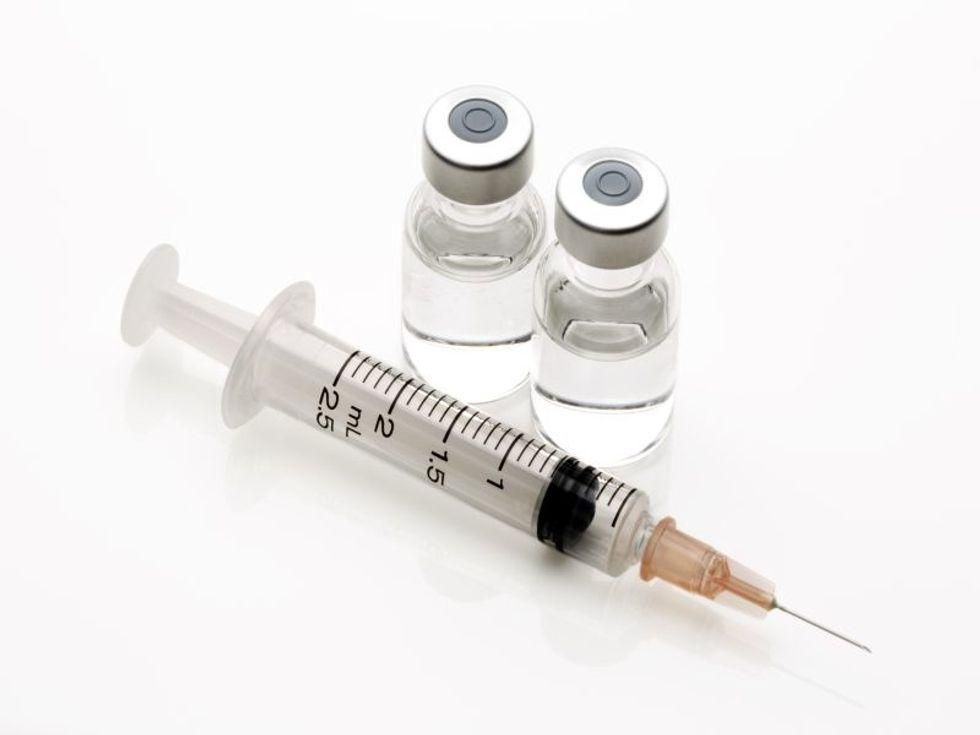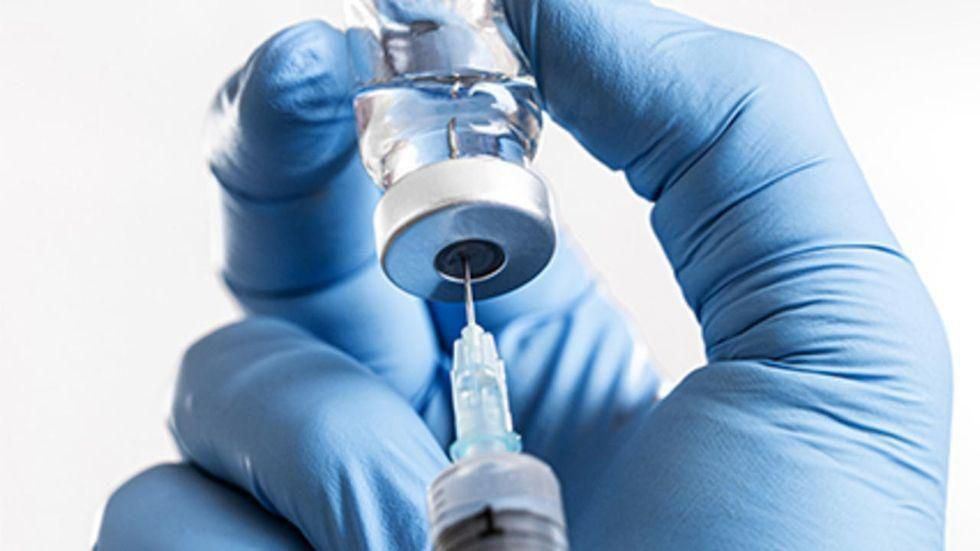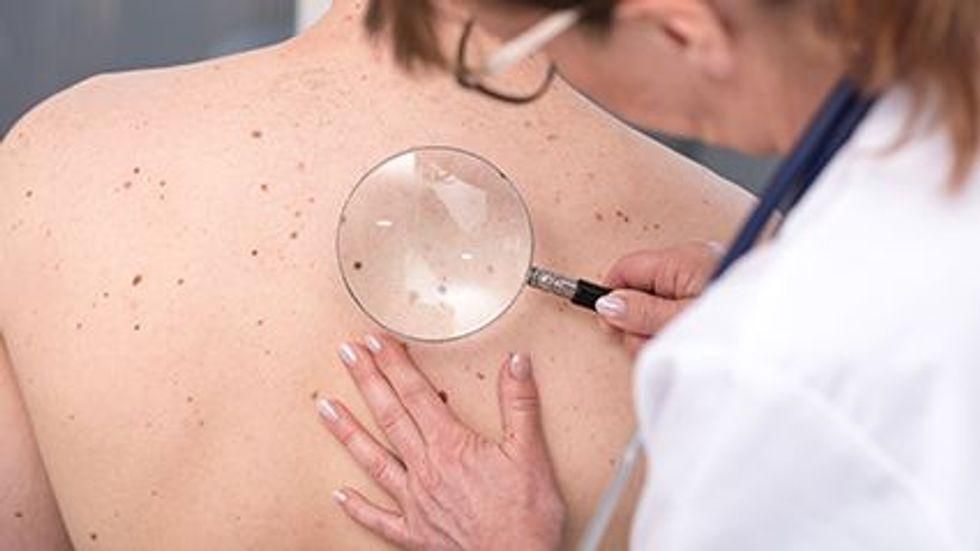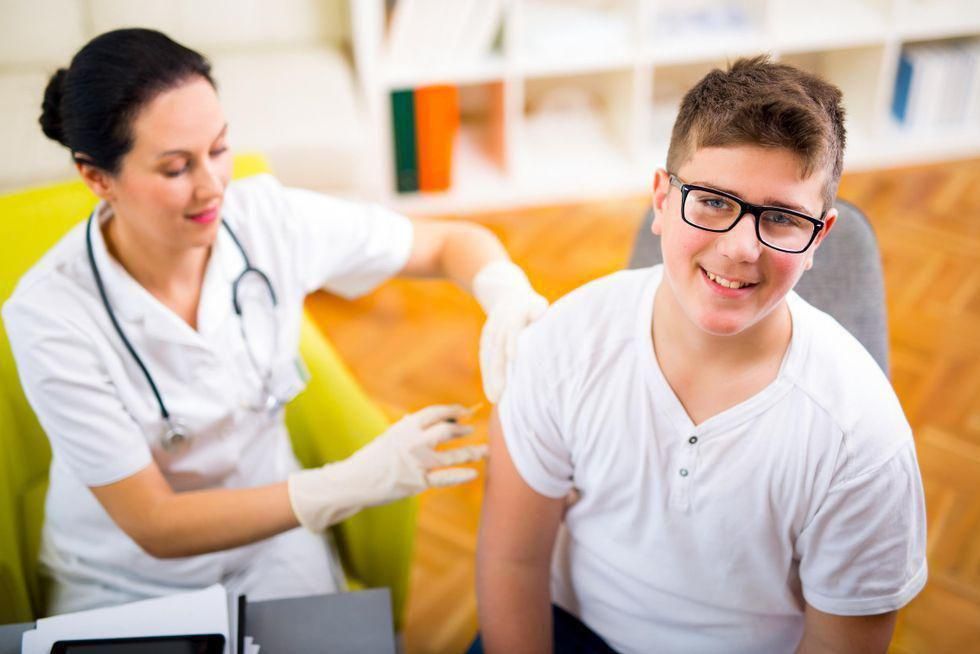
Colonoscopy screening can help prevent colon cancer by allowing doctors to find and remove potentially pre-cancerous growths called polyps. But if they fail to get the whole growth, the odds of a recurrence are high, a new study shows. The likelihood that it will occur within the next few years more than doubled. Repeat exams… read on > read on >










